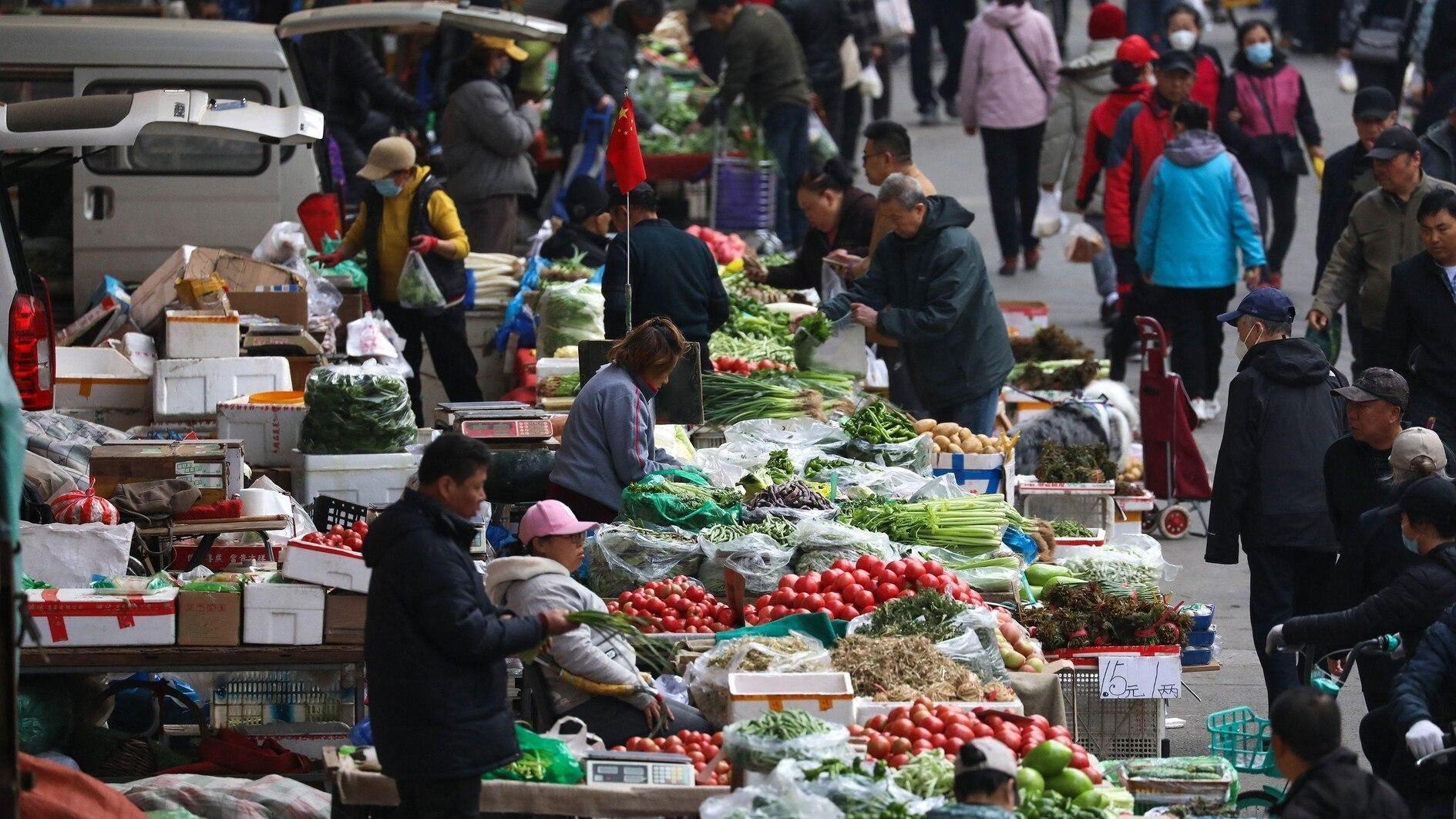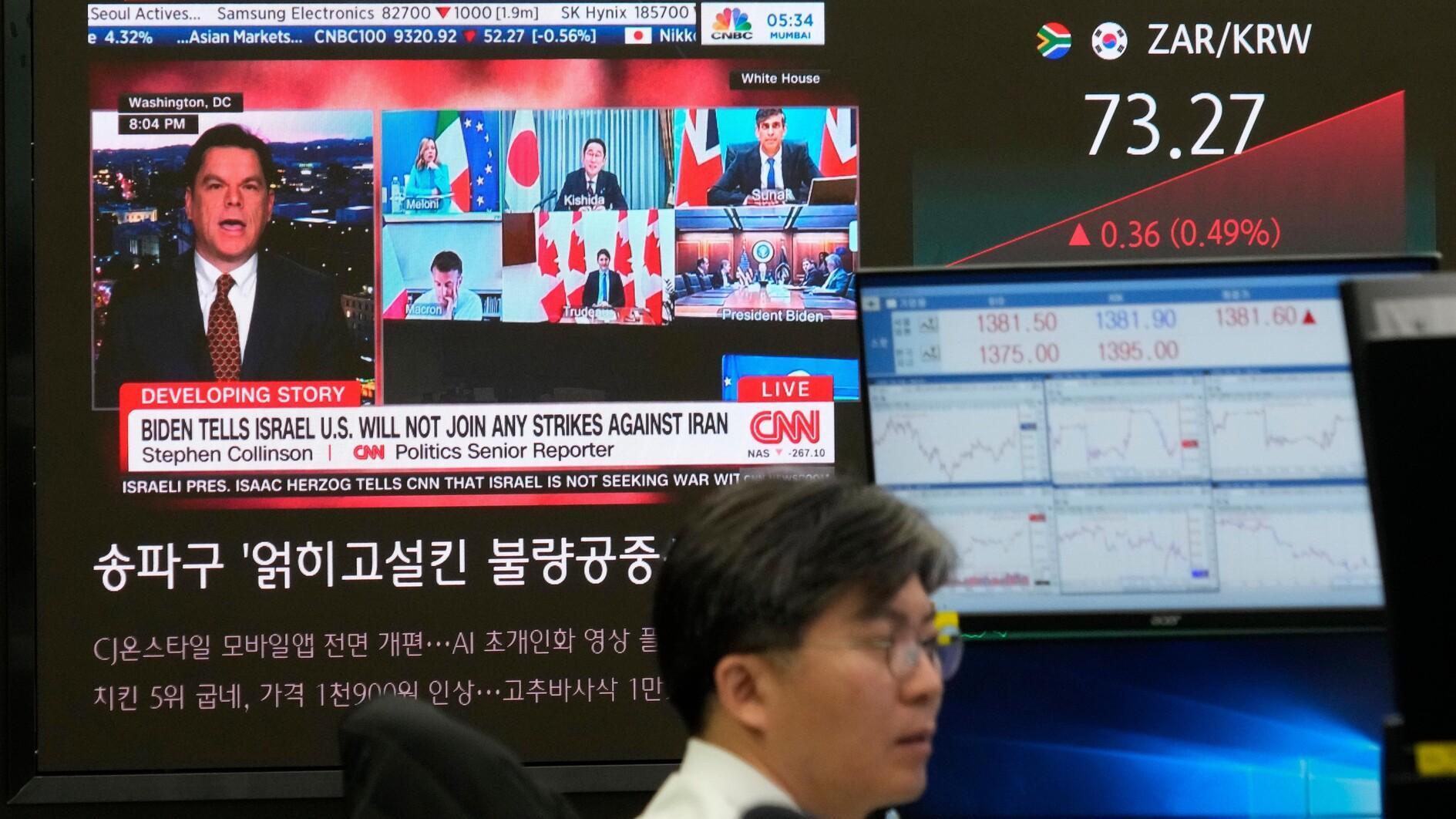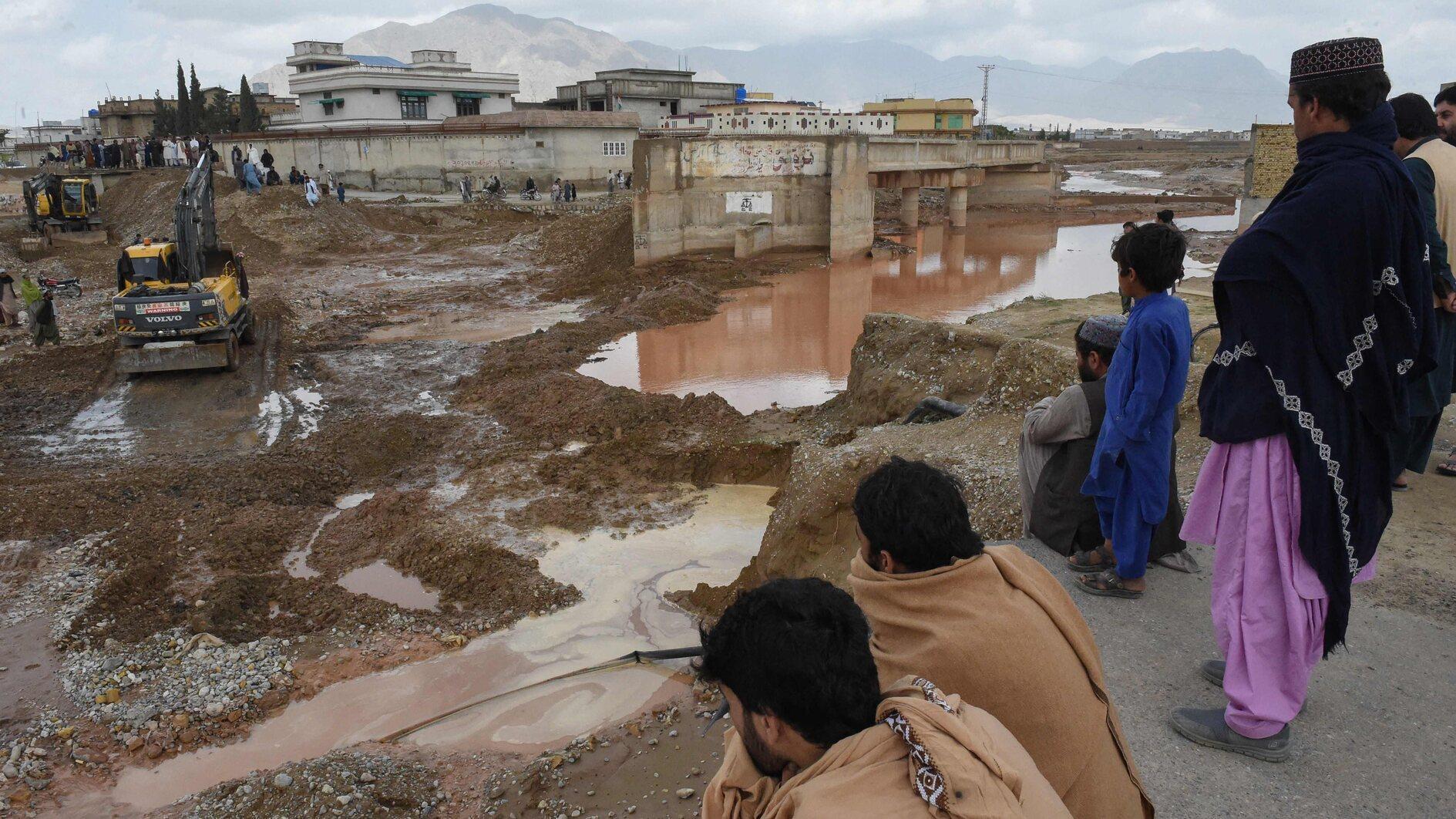Where is ISIL going and what will happen to its children?
“I don’t understand why a man would take his small children with him to join the Islamic State of Iraq and the Levant [ISIL],” I said to a Turkish official familiar with the issue.
“It shows their total devotion to the cause,” replied the official. “The ideological brainwashing begins early among new recruits.”
I asked another Turkish official where ISIL butchers would go now that the war against them in Syria is coming to an end. But I could not receive a satisfactory answer. Have the global and regional actors in the Syrian theater coordinated on this issue?
Have French special forces already hunted down ISIL members who are also French nationals, to make sure they do not come back to pose a terror threat? This is what happened in Iraq, according to a Wall Street Journal report published two months ago.
Having the People’s Protection Units (YPG), the Syrian wing of the outlawed Kurdistan Workers’ Party (PKK), fight ISIL unsettles Turkey, because of the weapons provided to them by the U.S. administration. This is why the Turkish government does not shed any tears for YPG losses in the fight against ISIL.
But what seems to anger the Turkish government even more than providing the YPG with arms, which will no doubt be used against Turkey later, is the suspicion that the YPG is not actually fighting ISIL. “It is a farce, they are just letting them go,” the same official told me. A BBC report showing ISIL militants leaving Raqqa on trucks revealed the truth of his claim.
So no doubt some ISIL butchers will end up in Turkey, either to stay, return to their country of origin or fight elsewhere.
This is the short-term dimension of the threat that Turkey is facing. But there is a longer term threat that the state authorities also need to think about. What will happen to the families of ISIL militants, especially the children?
“In my opinion women are equally as dangerous as men,” another official familiar with the issue told me. So women should certainly be subjected to meticulous scrutiny. But what should be done with the children who have lost or been separated from their parents? Is there any sense in handing them over to their relatives, if they have any left?
“We need to find out why the parents were drawn to ISIL in the first place. Usually the recruitment was done by family members and relatives,” the official said. Have any arrangements been made by security officials, the education ministry and the family and social affairs ministry, in order to tackle this challenge? This is a crucial issue that should remain in the agenda of all stakeholders, including the opposition, if we want to avoid rearing new terrorists in the future.
“There have been four big waves of Islamist militancy over the past 50 years,” wrote journalist Jason Burke in an article published in the Guardian in October. “All four have followed a similar trajectory: A slow, unnoticed period of growth, a spectacular event bringing the new threat to public attention, a phase of brutal struggle, then retreat.”
One reason we often miss the first phase of a threat is that we only focus on the final phase, when the threat is already declining, according to Burke, author of “The New Threat: The Past, Present and Future of Islamic Militancy.”
We should bear this in mind as we contemplate the smoking ruins of Raqqa, he wrote, adding that celebrations should not prevent us from keeping “a wary eye out for the next fight.”











